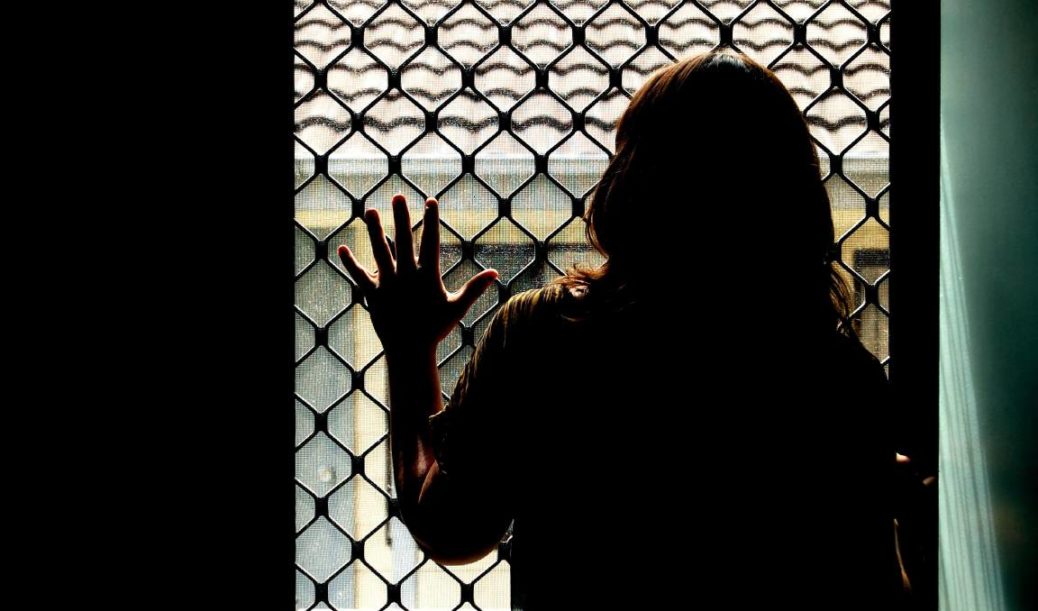Pension changes by successive governments have hit some of the poorest Australians the hardest, with single-parent families who rely on welfare up to $6,000 worse off over the past decade.
‘You have no idea how bloody tough it is’. An impassioned speech by Tasmanian senator Jacqui Lambie ends in tears as she condemns the government’s cuts to welfare, saying “what you are doing is shameful”. The welfare-to work program reforms, launched by the Howard government, kick-started more than a decade of tinkering with single-parent payments, including Labor moving single parents off the pension and on to the dole when their youngest child turned eight.
Previously, single parents, not part of the Howard reforms, could stay on the pension until their child’s 16th birthday. Taking into account all the government’s omnibus measures, some of which remain in purgatory after being rejected by the Senate, researchers modelled the income of a sole parent working at the minimum wage for 15 to 25 hours a week with children aged eight and 10. That parent would be about $6,300 worse off by 2018, compared with before the welfare-to-work policies were put in place, representing a 14 per cent drop in disposable income.
For a sole parent who is unemployed, the successive and proposed changes left them about $5,700 worse off or about 17 per cent less than before 2005.
Terese Edwards, chief executive officer of the National Council for Single Mothers and their Children, which commissioned the research, said successive government decisions had created a “nightmare” for many single parents, the majority of which were women. “I don’t understand – why are we so bereft of ideas that we take from the low hanging fruit, hoping that others won’t care, or use lines that will garner the support – such as ‘the best way out of poverty is through a job’,” she said. “Who doesn’t agree – unless you can’t find a job that enables you to meet your parenting demands and keep your children safe. No family needs to be forced into trying to improve their financial resilience – especially families who are struggling as they live with the stress, the reality and the knowledge that they are missing out.”
The hypothetical families were assumed to be paying $250 a week in rent and received childcare through the help of (non-paid) family and friends.
Higher-income single parents with children aged over eight would be less affected, as any loss in welfare payments would be offset by lower personal income tax.
The Senate has since passed the Turnbull government’s legislation freezing family tax benefit payments for two years, saving $1.4 billion, but rejected a further $2.7 billion in cuts.
While the latest Senate developments would change the final figures in the modelling, the researchers believe it would only have a “modest” impact.
Social Services Minister Christian Porter has previously said the government remained committed to its original “savings measures”, but what measures from the omnibus remain are likely not to be revealed until next month’s budget.
The group has written to the United Nations Special Rapporteur on extreme poverty and human rights and its Working Group on Discrimination over the situation.


